
Goodbye, AdWords. Hello Google Ads
Would a rose by any other name still smell as sweet if said rose was synonymous with an entire industry and accounted for the bulk of the revenue generated by the world’s most popular search engine?
We’re about to find out.
Google has made the executive decision to consolidate its overwhelming abundance of ad products under three brand new umbrellas: Google Ads, Google Marketing Platform, and Google Ads Manager. Behold, logos!
As is tradition, change cannot occur without casualties. In this cause, we’re saying goodbye to the digital marketing world’s favorite portmanteau: AdWords.
You didn’t misread. Google is in fact sunsetting AdWords, but in name alone.
At the highest level, this massive announcement was likely instigated by the proliferation of mobile and the shift towards an audience-centric mindset. More opportunities to reach more people across more channels is infinitely easier to take advantage of when all available solutions live in the same place.
This and a slew of other shakeups (more consolidation! Smart Campaigns!) were announced by Google’s Senior VP of Ads and Commerce, Sridhar Ramaswamy, just a week before Google Marketing Next, where blanks will surely be filled in.
In this article, we’ll demystify the announcement and explain:
- Why this rebrand is happening now
- What Google Ads means for the future of keywords
- Whether or not Smart Campaigns are for you
Before we take a closer look at how Google’s shocking brand overhaul will impact advertisers and agencies moving forward, a bit more on exactly what’s going on.
Introducing Google Ads…
Obviously from our perspective, the most important piece of this announcement is the elimination of AdWords (the brand) and the creation of a new brand: Google Ads.
Per our ad-tastic overlords, Google Ads “represents the full range of advertising capabilities [Google] offers today… to help marketers connect with the billions of people finding answers on Search, watching videos on YouTube, exploring new places on Google Maps, discovering apps on Google Play, browsing content across the web, and more.”
Along with other channels, formats, and placements, GDN, YouTube, and Shopping (most of which were acquired, not built internally) have called AdWords home for a minute now. Unfortunately, AdWords is synonymous with search. Having additional channels folded into the same interface has been confusing folks for years now. I don’t know about you, but I’ve certainly come across clients who have no idea their video, banner, and search creative are all served from the same platform.
It’s Google’s hope that this new, simpler name will usher in understanding and leave the door open to expand advertising options without confusion in the future.
… and Google Marketing Platform
You can probably jump right over this one if you’re a small business…
Use DoubleClick or Analytics 360? Not any more!
Built atop existing integration between the formerly disparate platforms, the second new brand borne of consolidation, Google Marketing Platform will allow enterprise marketers (and the agencies that service them) to marry ad creative and analytics in a single location. This will make it easier for both parties to “plan, buy, measure and optimize digital media and customer experiences in one place.”
As part of Google Marketing Platform, Google has also released a new feature called Display & Video 360. This tool aims to enable “creative, agency, and media teams to collaborate and execute ad campaigns end-to-end in a single place.” This collaborative sandbox situation sounds similar to Facebook’s Creative Hub, which is, as the kids would say, hella useful.
The bottom line: Pretttttttttty neat if you’ve got reason to use it (but if you’re not Adidas or La Croix or some luxury SUV manufacturer, it may as well not exist).
… and Google Ad Manager
Finally, we come to Ad Manager, Google’s shiny new programmatic platform.
A mashup of DoubleClick for Publishers and DoubleClick Ad Exchange (with a buzzword-worthy logo to boot!), Google Ad Manager is the search titan’s “complete and unified programmatic platform,” designed to “do even more for [Google’s] partners—earning them more money, more efficiently, wherever people are watching videos, playing games or engaging with content, and however advertisers are looking to work with them.”
Overhauling Brand Architecture in the Name of Simplicity
As I mentioned earlier, these substantial rebranding efforts are fueled by a growing need for simplicity in online advertising.
Consider the following…
Conceptually, AdWords was built for a computer-first world, one where someone gets home from work, has a smoke, retires to their chambers, and surfs the web for what very well may have been the first time that day.
If you’re younger than me, you might not even remember such a place existed.
Today we live in a mobile-first world, one in which we make initial queries on phones, conduct research from a three-monitor setup at the office, watch product videos on YouTube, and fork over our credit card information via some kind of voice-powered-AI.
Google can help advertisers reach prospects at every stage of this funnel, a fact that simply isn’t conveyed by “AdWords.” Google Ads on the other hand…
Google Ads (all three new names, in fact) is succinct enough to make it clear what value business can derive from the platform and broad enough to house future Google acquisitions without inciting further confusion. Win-win.
This simplicity is by no means limited to naming conventions: One new(ish) feature that exemplifies the simplicity Google’s striving towards is the new Smart Campaigns.
How Smart are “Smart Campaigns”?
Built atop the same tech that powered AdWords Express, Smart Campaigns are tailor-made for busy small business owners with little in the way of paid search expertise, and little in the way of time. The feature allows busy advertisers to “create ads in minutes and drive real results—like making your phone ring, sending leads to your website, or bringing customers to your store.”
Sounds neat, but will they work?
If you recall, AdWords Express, though fast, was not particularly effective for many businesses because it stripped control from advertisers and put it in the hands of machine learning. Smart Campaigns build on the premise that most small businesses just want to drive calls, store visits, and conversions, and don’t have the time or expertise to learn how to use AdWords (uhh, Google Ads), so why not place your budget in Google’s machine learning-enabled hands.
Fast? Totally. But that doesn’t mean it understands the ins and outs of your business, and that’s a problem.
That being said…
Ultimately, it comes down to a simple question: do the time savings and the results from the simplified product generate a net win for your business? If you’re only spending a few hundred dollars a month on advertising, Smart Campaigns might be a decent option for you. On the other hand, if your monthly budget has a comma (or two, or three), it’s a different story entirely.
Embracing Audiences Over Keywords
Complexity across Google’s advertising platforms has led to a need for simple solutions.
In the past, we’ve speculated about Google transitioning away from keywords in favor of audience-centric targeting, similar to what you might find in paid social channels like Facebook and LinkedIn (and we aren’t the only ones!).
By stripping “words” from the name of its ever-evolving ad platform, Google has begun the process of shifting advertiser perception away from keyword intent (the secret sauce that makes search queries so damn valuable as an advertising tool) and to a world where our focus shifts towards audiences.
While search will always remain an intent-centric and thus keyword-reliant space (augmented with audiences via tools like RLSA, in-market, etc.), the rollout of Google Ads makes taking a holistic approach to online advertising (investing in channels that don’t directly result in conversions) more palatable for many small businesses.
Implications for Agencies (and SaaS Companies)
Naturally, if you’re an agency or in-house SaaS marketer, there are some changes you’re going to need to account for.
For one, any paid and organic initiatives that previously hinged on the keyword “adwords” or ancillary keywords related to it will need to be tweaked. If you’re an agency that offers AdWords services, you’re going to need to figure out how to guide your clients through those changes.
The good thing is, “adwords” as a term and as a concept isn’t going anywhere anytime soon. Campaigns leveraging it won’t suddenly drop off the page. Still, it will be a good idea to monitor paid and organic search volumes around “google ads” and “adwords” as you go about making page updates and bid adjustments.
Google Ads: A Brave New World?
So..ultimately, what’s changing here?
Are you looking at massive campaign overhauls? No, probably not.
Google’s new brands will be rolling out gradually over the next month; and given its commitment to transparency, you can expect day-to-day campaign operation to remain more or less the same. In effect, Google has streamlined its ad and marketing experience. And in a growingly complex landscape of digital marketing apps, tools, and software, that’s a move we can get on board with.

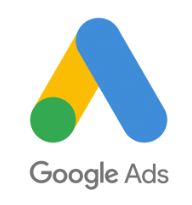
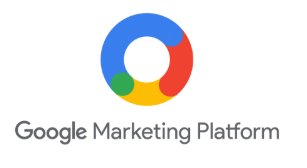
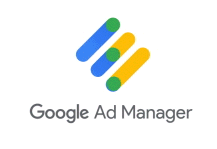

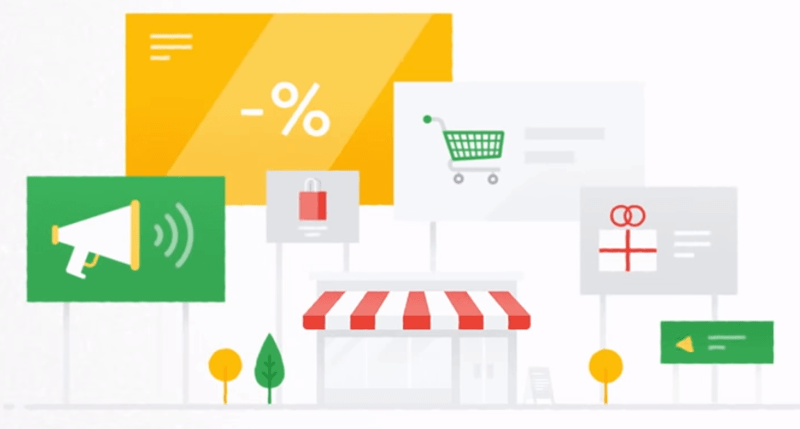
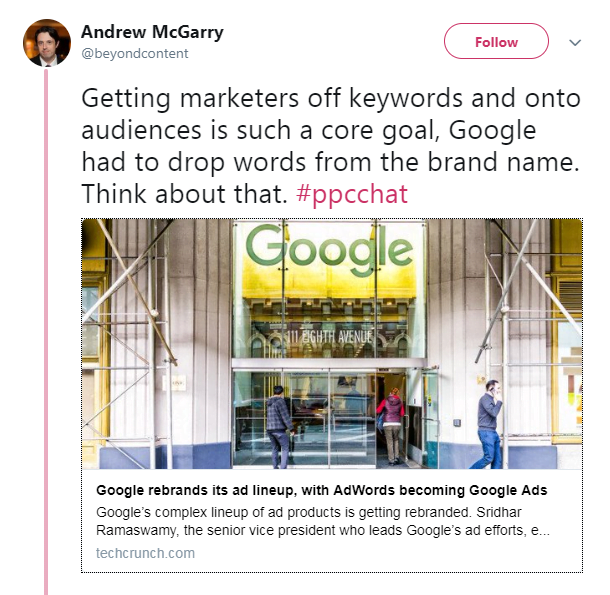
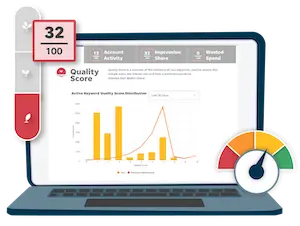







Comments
Please read our Comment Policy before commenting.